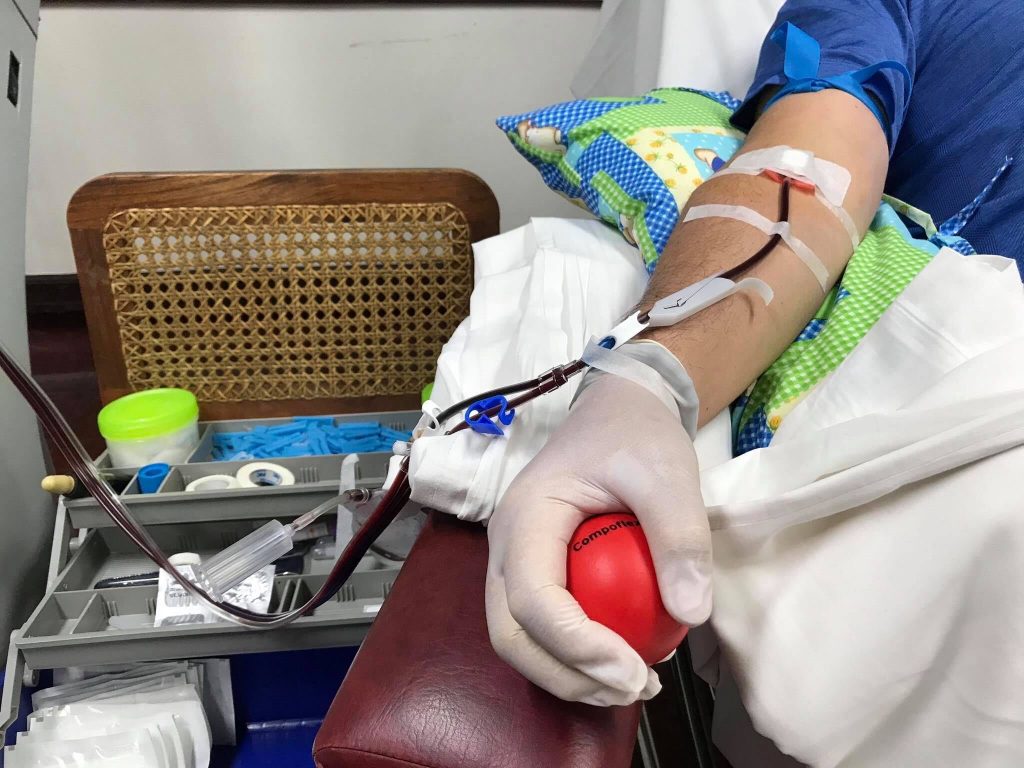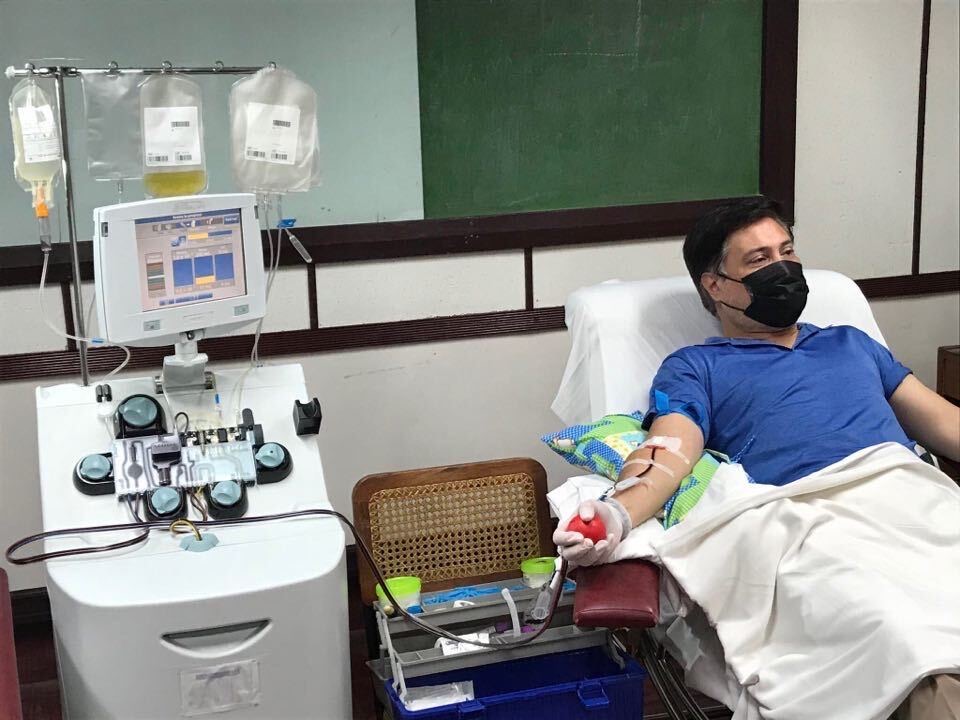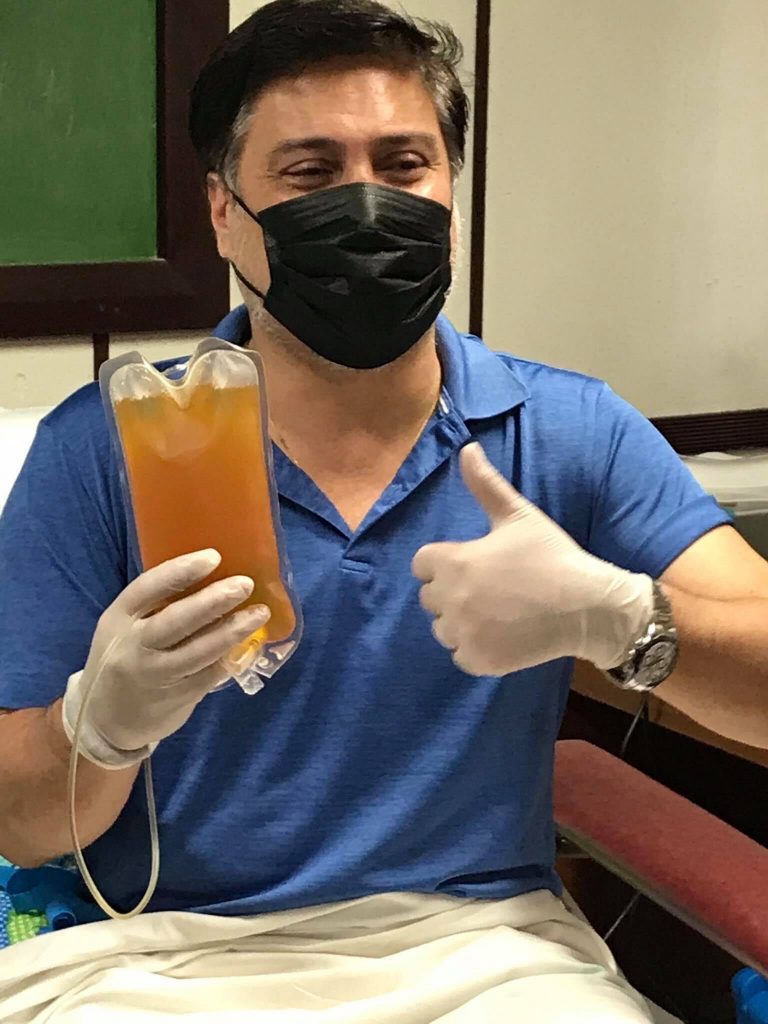Since April 15, the number of people who have recovered from the coronavirus disease has surpassed the nationwide death toll. Today, there are a total of 693 recoveries and 446 deaths. Of those 446, 9 died just yesterday. So while the situation is improving, there is still much to do.

“Filipinos continue to suffer and some eventually die from Covid 19 everyday. There is no proven treatment yet for this although different medications and regimens are being investigated. And the vaccine against the novel coronavirus is not yet available. That is why we are calling for plasma donations from Covid 19 survivors. Their antibodies may help save patients who are still battling the disease, especially the severe and critical cases,” said Dr. Jonas Del Rosario, spokesperson for the Philippine General Hospital.

Known as convalescent plasma therapy, the treatment is a century-old technique that has been tried and tested on numerous illnesses, most recently for diseases such as Ebola, Sars, Mers, and Swine Flu. It involves the transfusion of plasma, the liquid component of blood, from a recovered patient to a sick patient.
Much like other organizations around the world, the PGH sees plasma therapy as a possible stop-gap to hold the virus at bay while more complex treatments are developed. “A vaccine is a year out, but what if we can use the antibodies of those who have already survived to strengthen the immune system of those still battling the virus,” said Dr. Del Rosario.
Since beginning the experimental treatment very recently, the PGH has received over 90 inquiries with more than 21 passing the criteria and at least 19 having already donated plasma. At least 5 COVID-19 patients were able to receive transfusions.
“Right now, we are taking care of over 100 COVID-19 patients in the PGH, and some of those are severe and critical cases who have exhausted all other treatment options with no success. For them, plasma therapy could be the last resort. That’s why we’re looking for more donors,” said Dr. Del Rosario.

The plasma donation process for COVID-19 survivors is fairly straightforward. When a prospective donor calls the PGH hotline, he or she is first evaluated over the phone. Once found eligible to donate, PGH personnel will conduct a home visit to get informed consent and a blood sample. After that, the donor is invited to the College of Medicine in UP Manila to donate. For all COVID-19 survivors who want to donate, you may call the PGH hotline at 155-200.




